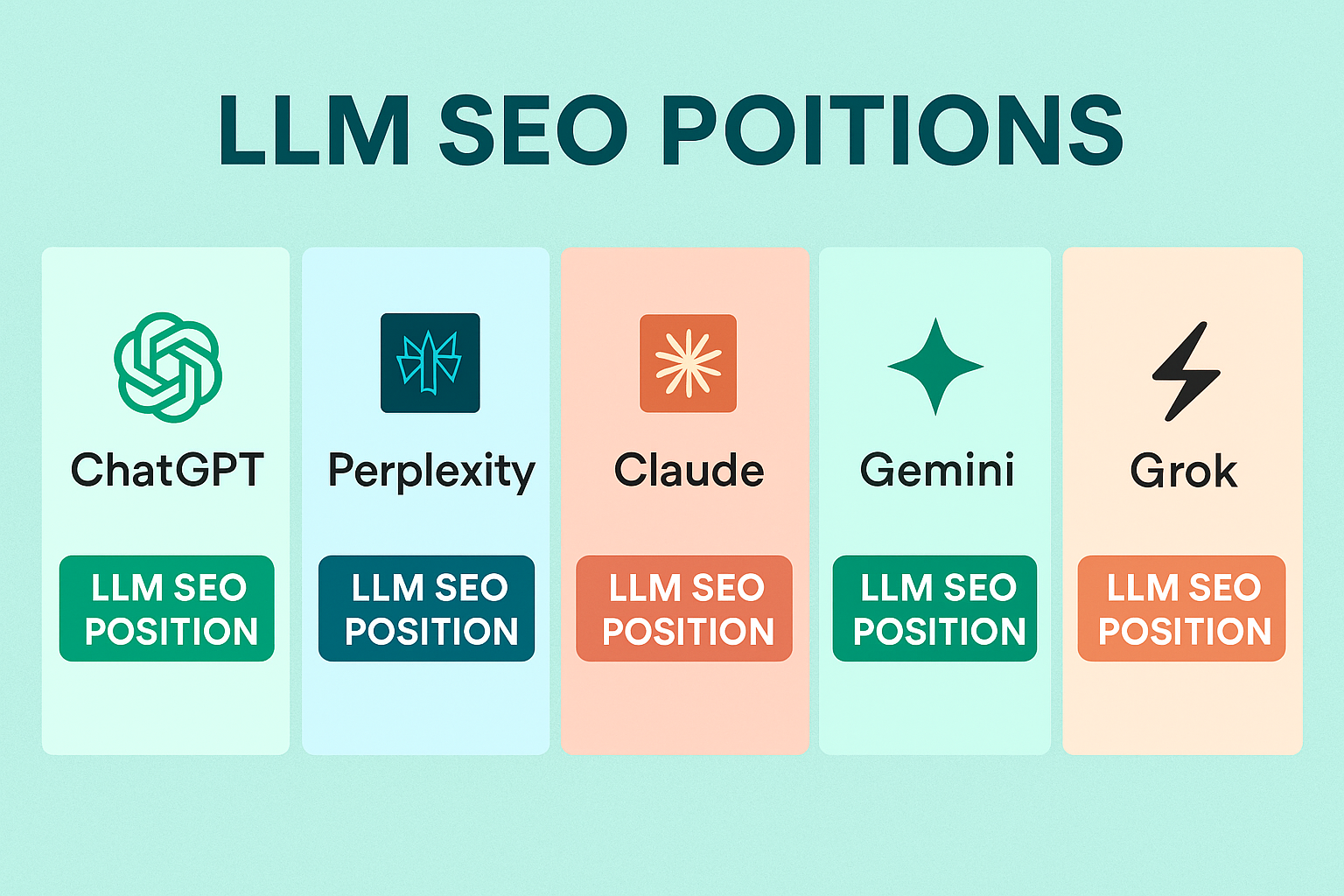Navigating the Future:
In the ever-evolving landscape of digital marketing, the healthcare industry stands at the intersection of innovation and responsibility. As we venture into 2024, the significance of a well-executed social media marketing plan for healthcare entities cannot be overstated. With the potential to reach, educate, and engage diverse audiences, social media platforms offer unprecedented opportunities for healthcare organizations to cultivate trust, deliver valuable content, and foster meaningful connections. Let’s explore a comprehensive social media marketing strategy tailored specifically for the healthcare industry in 2024.
Understanding the Landscape:
The healthcare industry has witnessed significant transformations in recent years, accelerated by technological advancements and shifting consumer expectations. In 2024, healthcare organizations must navigate a landscape shaped by increased digital adoption, heightened privacy concerns, and evolving regulatory frameworks. Against this backdrop, crafting a social media marketing plan demands a nuanced approach that balances promotional goals with patient confidentiality, compliance, and ethical considerations.
Setting Strategic Objectives:
At the core of any effective social media marketing plan lies a clear set of objectives aligned with organizational goals. In 2024, healthcare entities may prioritize objectives such as:
- Elevating Brand Awareness: Establishing a strong digital presence to enhance brand visibility and credibility within the healthcare ecosystem.
- Educating and Empowering Patients: Providing reliable health information, promoting preventive care measures, and empowering patients to make informed decisions.
- Building Community Engagement: Cultivating online communities where patients, caregivers, and healthcare professionals can connect, share experiences, and support each other.
- Driving Patient Acquisition and Retention: Leveraging social media channels to attract new patients, enhance patient loyalty, and encourage repeat visits.
Tailoring Content for Impact:
The success of a social media marketing plan hinges on the creation of compelling, relevant, and compliant content. In 2024, healthcare organizations can leverage a diverse range of content formats, including:
- Educational Videos: Explaining medical procedures, debunking myths, and offering health tips in easily digestible formats.
- Interactive Polls and Quizzes: Encouraging audience participation and gauging their knowledge on health-related topics.
- User-Generated Content (UGC): Showcasing patient testimonials, success stories, and wellness journeys to humanize the brand and foster trust.
- Live Events and Webinars: Hosting live Q&A sessions with healthcare professionals, conducting virtual workshops, and streaming educational events in real-time.
Navigating Regulatory Compliance:
As guardians of sensitive patient information, healthcare organizations must uphold stringent regulatory standards, including HIPAA in the United States, while engaging on social media platforms. In 2024, compliance measures may include:
- Implementing Robust Training Programs: Educating employees on social media policies, privacy protocols, and compliance guidelines to mitigate risks.
- Utilizing Secure Communication Channels: Ensuring that all patient interactions and inquiries on social media are handled through secure channels to safeguard privacy.
- Obtaining Informed Consent: Seeking explicit consent from patients before sharing any identifiable information, testimonials, or images on social media platforms.
Measuring Success and Iterating:
A data-driven approach is indispensable for evaluating the efficacy of a social media marketing plan and optimizing future strategies. In 2024, healthcare organizations can leverage analytics tools to:
- Track Key Performance Indicators (KPIs): Monitoring metrics such as engagement rates, reach, click-through rates, and conversions to gauge campaign effectiveness.
- Conduct Sentiment Analysis: Assessing audience sentiment and feedback to identify areas of improvement and tailor content strategies accordingly.
- Embracing Continuous Improvement: Iterating on social media marketing strategies based on actionable insights, emerging trends, and evolving patient needs to stay agile and responsive.
Conclusion:
In the dynamic landscape of the healthcare industry, a well-crafted social media marketing plan serves as a compass, guiding organizations towards their goals while prioritizing patient welfare, compliance, and ethical considerations. As we venture into 2024, healthcare entities must embrace innovation, harness the power of digital platforms, and forge authentic connections with their audiences to thrive in an increasingly interconnected world. By adopting a strategic, patient-centric approach to social media marketing, healthcare organizations can not only amplify their reach and impact but also foster healthier, more engaged communities in the years to come.




